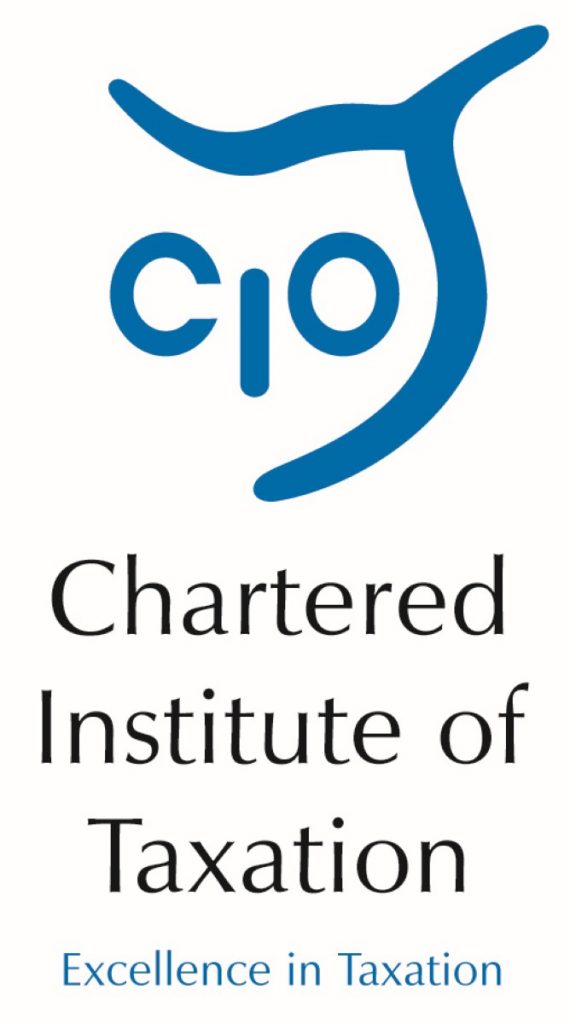Campaigners have set out an agenda for making the tax system fairer and easier to use for taxpayers on low incomes.
In ‘A future for the low-income taxpayer’ the Low Incomes Tax Reform Group (LITRG) proposes a range of practical steps to make the tax and associated welfare systems work better for people on low incomes, whether they are employed, self-employed, pensioners or employers (as with those who employ carers).
LITRG Chairman Anthony Thomas said:
“From pensioners to agency workers there are huge numbers of people in Britain today with low incomes but complex tax affairs. The tax system clearly is not working well enough for these groups. It needs to be simpler, better explained and easier to work out how much tax you should be paying. Also there are numerous areas where people in apparently similar situations are, for often arbitrary reasons, taxed differently. The government needs to look again at these.”
LITRG’s recommendations include:
· Ensure the move to a digital tax system does not leave vulnerable groups behind
· Raise the national insurance threshold and universal credit work allowance alongside the income tax personal allowance to benefit those on low incomes
· Improve quality and accuracy of information available on GOV.UK website
· Fairer and more flexible rules for self-employed claimants of universal credit
· Close working between UK government and devolved administrations to avoid unintended consequences of tax and welfare changes
Anthony Thomas continued:
“Digitalisation is the big change currently taking place for taxpayers. We fully support the digital ambitions of HMRC, but strongly believe that the pace of change should be slowed. People must not be forced to go digital – they should be encouraged and supported to do so; but if they cannot for good reason, it is crucial that equal provision should be made for them.
“Simplification is also key. The Office of Tax Simplification has helped government make some progress since it was set up but further work is needed. Simplification cannot be achieved by looking at tax alone – it is often the interactions with the welfare system and other parts of government that creates complexity. Extra steps in the policymaking process – to ensure that interactions are seamless and avoiding similar yet subtly different definitions of essentially the same thing – would be of significant benefit to all taxpayers.
“Fairness is central to our paper – not in terms of the overall tax system; quite properly we do not take a position on how the tax system should be structured as a whole and what rates should be levied. But we do highlight areas where changes could be made to give people in similar situations similar treatment and similar entitlements. Our paper highlights situations in which this is not the case, such as a bar on claiming marriage allowance where one partner has died before a claim is made – particularly anomalous given that a separated couple may still claim; and income tax relief denied to some low-income employees because of their employer’s choice of pension scheme. Also, while increases in the income tax personal allowance have benefited many on low incomes, as well as those higher up the income scale, increases in the NI threshold and the universal credit work allowance would be better targeted ways of helping those struggling to get by.
“There are particular issues facing the self-employed and those on the boundaries of employment and self-employment such as agency and ‘gig’ workers. It is essential that the administration systems for them are simple and fair, requiring income to be reported once only. The rules for self-employed claimants of universal credit should be refined so they are cohesive with the tax system and can deal fairly with fluctuating incomes and expenses.
“Finally, however the tax system is structured it must be explained clearly, accurately and accessibly. The move to a centralised GOV.UK site has created significant gaps and inaccuracies. These must be tackled urgently in order to maintain reliable information sources for unrepresented taxpayers.”
Notes for editors
‘A future for the low-income taxpayer’ can be downloaded from the LITRG website at www.litrg.org.uk/agenda
Low Incomes Tax Reform Group
The LITRG is an initiative of the Chartered Institute of Taxation (CIOT) to give a voice to the unrepresented. Since 1998 LITRG has been working to improve the policy and processes of the tax, tax credits and associated welfare systems for the benefit of those on low incomes.
The CIOT is the leading professional body in the United Kingdom concerned solely with taxation. The CIOT is an educational charity, promoting education and study of the administration and practice of taxation. One of our key aims is to work for a better, more efficient, tax system for all affected by it – taxpayers, their advisers and the authorities. The CIOT’s work covers all aspects of taxation, including direct and indirect taxes and duties. The CIOT’s 18,000 members have the practising title of ‘Chartered Tax Adviser’ and the designatory letters ‘CTA’, to represent the leading tax qualification.
Contact: George Crozier, Head of External Relations, 020 7340 0569 / 07740 477 374, gcrozier@tax.org.uk





-01.png)